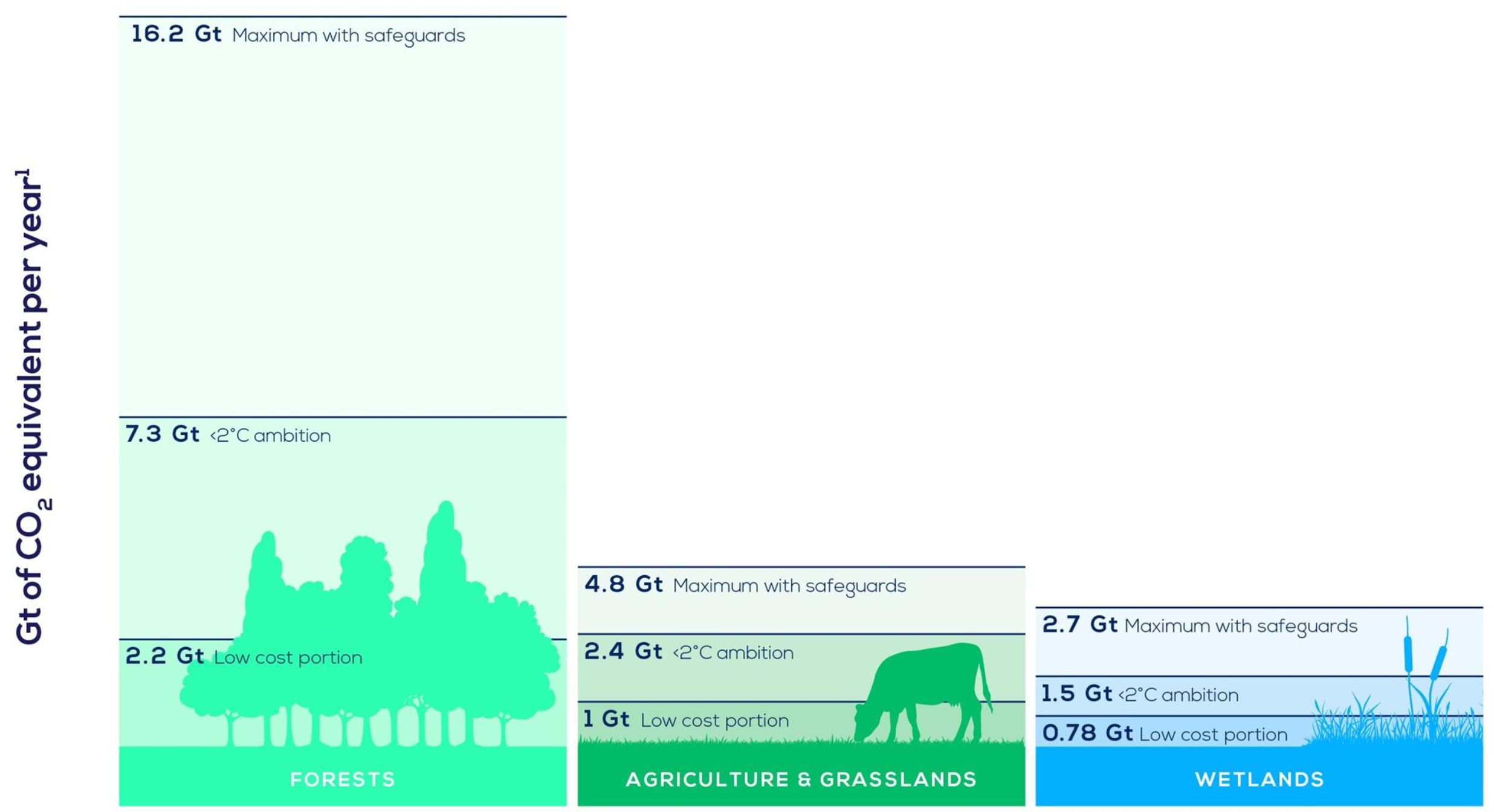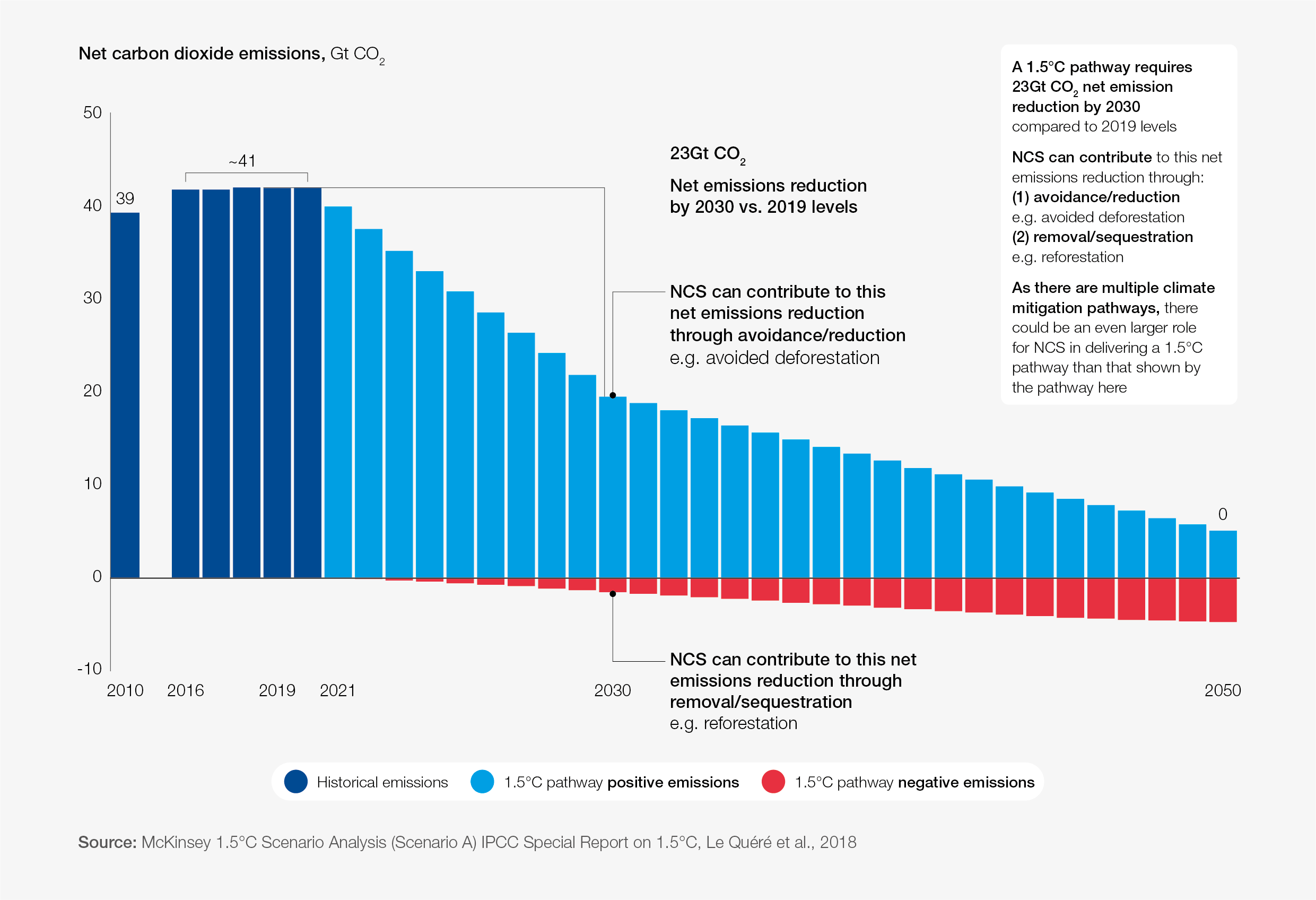Davos 23: Why indigenous knowledge is critical to credible action on nature
Helena Gualinga, Co-Founder, Indigenous Youth Collective of Amazon Defenders, Ecuador speaking at the Don't let greenwashing fears stall credible action session at Davos 23
Image: World Economic Forum/Sikarin Fon Thanachaiary
Stay up to date:
Sustainable Finance and Investment
Listen to the article
- Experts discussed best practices for businesses and investors on credible action on nature.
- The focus was on the tension between quality and speed of action, data and regulation and the growing emphasis on working with indigenous peoples, as indigenous knowledge has tremendous power to spur investors to channel resources towards quality conservation and restoration at scale.
- Watch the full session here.
“Five years from now, we need the same disclosure on nature as we required for carbon – and as we made the case for financial disclosure many years back,” said Andrew Steer, President and Chief Executive Officer of the Bezos Earth Fund.
To increase accountability and help ensure credible outcomes at scale, we must improve data quality, increase the transparency of processes, tools used and outcomes and put indigenous peoples at the heart of all decision-making.
Steer's statement covered many of the points discussed in the panel discussion he led at Davos 23 titled Don’t let greenwashing fears stall credible action.
Guaranteeing indigenous rights
Ensuring that indigenous rights and control over their territories are guaranteed was pinpointed as one of the most efficient ways to conserve ecosystems. This backs up the guidance from the World Economic Forum’s new report on Embedding Indigenous Knowledge in the Conservation and Restoration of Landscapes.
Indigenous peoples are the best stewards of the nature that surrounds their homes and communities. They represent just 5% of humanity but yet protect 80% of Earth’s biodiversity.
Centring their voices and perspectives and respecting their leadership and decision-making processes is key to ensuring any project has a strong foundation. “When it comes to restoration, we talk about indigenous inclusion and indigenous people being consulted. But it doesn’t work like that in our communities," explained Helena Gualinga, Co-Founder of the Indigenous Youth Collective of Amazon Defenders and a 1t.org Landscapes Forum Youth Hub member.
"We have our own structures of governance, we have our own structures of decision-making. And that needs to be taken into account when these projects want to collaborate with indigenous people. We need to make sure that indigenous people are at the centre of decision-making and are not being consulted once the decisions have already been made.”
Suzanne DiBianca, Chief Impact Officer at Salesforce, added: “Our approach on one trillion trees is ‘right tree, right place, right time, right people.’ And indigenous people know exactly what to do: they have the right tools – and have had them for hundreds of years.”
Keep faith in ESG investing
Investors and private companies must 'keep the faith' in ESG investing, which evidences their values. It's this ethos that ensures that funds that are demonstrating authenticity in their investments continue to attract new funding. All markets have cycles, and given that protecting nature and biodiversity is central to the continued existence of every market around the world, continual ESG investing is critical.
What is the World Economic Forum doing on natural climate solutions?
Authentic and transparent data collection in nature is vital
Data collection and transparency on corporate investments in nature must be approached in the same way that financial data and transparency are treated. And, transparency should be two-way: as well as the need for improving data on nature-related projects, we should be able to identify and track back to investors inequalities, inefficiencies and violations of human rights. Much as financial data and transparency help keep investors aware of risks and success, so can data collection and transparency on nature investments.
“We have to live in a world where mandatory reporting is going to become more relevant. It isn’t enough to be sort of voluntary and hope that no one calls you out,” highlighted Katherine Garrett-Cox, Chief Executive Officer at GIB Asset Management at Gulf International Bank (UK). “Investors will look to the data because the theory of change that CDP believes in is: disclosure drives insight and insight drives action. And action is what investors want to see on the ground,”
Luiz Fernando do Amaral, Chief Executive Officer of the Science Based Targets initiative (SBTi), added that he and his team “strongly encourage investments in nature and carbon markets – beyond value chain mitigation – and are issuing new guidance to provide more clarity to this type of investment.”
Finally, publishing implementation reports publicly can be a great way to increase transparency and invite constructive feedback for investments, said Nicole Schwab, Co-Head, Nature-Based Solutions and Member of the Executive Committee at World Economic Forum. “With 1t.org, we’ve just released the first set of 30 implementation reports from our pledges… in partnership with the IUCN restoration barometer. So, we now have a mechanism for the private sector to track their pledges... This can help us bring more transparency into the system. Scrutiny is a good thing, we welcome additional scrutiny, so we can recognize what good looks like.”
By following these three principles, investors and businesses can work towards making the best decisions that protect their businesses — and the planet.
Don't miss any update on this topic
Create a free account and access your personalized content collection with our latest publications and analyses.
License and Republishing
World Economic Forum articles may be republished in accordance with the Creative Commons Attribution-NonCommercial-NoDerivatives 4.0 International Public License, and in accordance with our Terms of Use.
The views expressed in this article are those of the author alone and not the World Economic Forum.
Forum Stories newsletter
Bringing you weekly curated insights and analysis on the global issues that matter.
More on Forum InstitutionalSee all
World Economic Forum
June 26, 2025
Pooja Chhabria and Gayle Markovitz
June 25, 2025
Pooja Chhabria and Gayle Markovitz
June 24, 2025
Pooja Chhabria and Gayle Markovitz
June 23, 2025
Pooja Chhabria and Christina Schunck
June 10, 2025
World Economic Forum
May 16, 2025







